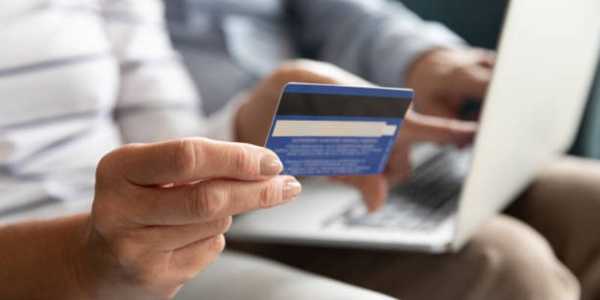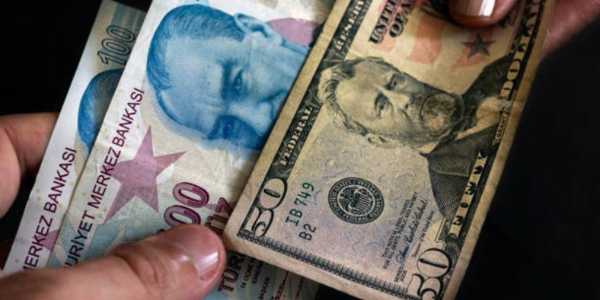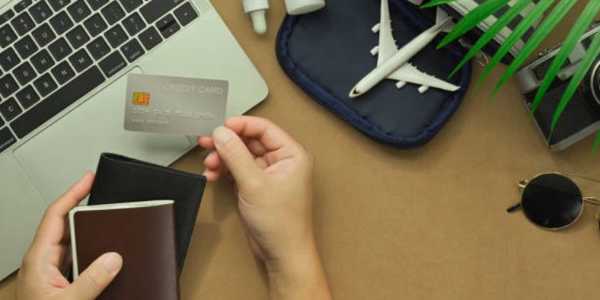Avoiding Foreign Transaction Fees: A Traveller's Guide

Travelling is fun—until hidden costs like foreign transaction fees add up. Many banks charge extra for spending abroad, and even small fees can quickly drain your budget. Here's how to avoid them.
What Are Foreign Transaction Fees
A foreign transaction fee is an additional charge applied when using a debit or credit card outside the home country. Most banks charge a fee of 1% to 3% for each purchase made in a foreign currency. Some banks charge more if the transaction goes through multiple banks or payment networks. Travellers should review the terms of the cards before using them abroad.

Some banks and card providers still add hidden currency conversion fees. Many travellers do not see this coming. It often hides in the total cost on the statement.
Why These Fees Add Up
One coffee here, a meal there, a train ticket somewhere else. One dollar extra might seem insignificant. However, when travelling for weeks, small fees can quickly add up. For someone spending $3,000 on a trip, 3% means losing $90 just for using the wrong card.
Travellers should keep this in mind when planning their trips. Savings from smart spending could cover the cost of an extra night at a hotel or a special meal.
Use Travel Credit Cards That Charge No Foreign Fees
One straightforward way to avoid these charges is to obtain a travel credit card that does not charge foreign transaction fees. Many popular credit card companies now offer these. Such cards also offer rewards, including miles, cash back, or points on hotels and flights.
Some cards with zero foreign fees also protect against fraud. Look for credit cards with no annual fee or a low annual fee if you plan to travel infrequently.
Many travellers trust cards from large banks or companies. See this list of the best travel credit cards to compare options.
Carry More Than One Card
One card may not be enough. Some stores abroad do not accept certain cards. Visa and Mastercard work in more places than other brands. Always carry at least two cards. Please keep them in separate areas to ensure their safety in case one gets lost.
Travellers should also notify their bank or credit card company before leaving. This prevents the account from being frozen due to "suspicious" activity.
Try Prepaid Travel Cards
Another smart option is the prepaid travel card. These cards allow you to load money in the local currency. The exchange rate gets locked at the time of loading. This helps avoid significant rate changes in the future. Prepaid cards work like debit cards but limit how much can be spent, which helps control spending.

Many banks offer travel prepaid cards. These may come with fewer fees than credit cards if used correctly. Some cards charge fees for ATM use or loading money, so be sure to review the terms and conditions carefully.
Withdraw Cash In The Right Way
Sometimes cash is needed. Small shops, local markets, or taxis may not accept cards. Using ATMs abroad can also incur fees. The home bank may charge a fee for using foreign ATMs. The local bank may also add a charge. These charges can add up.
Look for partner banks or ATMs that do not add extra fees. Some banks refund foreign ATM fees if travellers meet certain conditions. Withdraw larger amounts less often to reduce total costs.
Avoid Dynamic Currency Conversion
Another fee trap is dynamic currency conversion. This happens when a foreign shop or ATM offers to charge in the home currency instead of the local currency. Many people think this will save money, but it often ends up costing more. Shops set their exchange rates, which are usually bad.
Always choose to pay in the local currency. This keeps the bank in control of the exchange rate, which is usually better.
Use a Debit Card With No Foreign Fees
Some banks offer debit cards for travellers that charge no foreign fees. These cards also work well for withdrawing cash. Many online banks and credit unions offer competitive rates.
Check if the debit card comes with travel insurance or emergency help. Also, check the daily withdrawal limits for transactions abroad.
Travellers may compare offers from trusted banks, such as Charles Schwab , and other banks known for their low-fee cards.
Watch Out For ATM Skimmers
When using an ATM abroad, always check for skimmers. A skimmer is a small device thieves use to steal card details. Use ATMs inside bank buildings or hotels. Cover the keypad when typing a PIN. Do not trust street ATMs in quiet spots at night.

Keep An Eye On The Account
Travellers should regularly check their card statements. Some scammers wait for travellers to return home before making hefty charges. Check statements online every few days. Report any unusual charges to the bank promptly.
Turn on alerts for every transaction. Many banks offer free text or app alerts.
Smart Travel Saves Money
Avoiding foreign transaction fees is part of thoughtful travel planning. Travellers can spend money on good experiences instead of hidden costs. Choosing the right card, planning how to pay, and being alert all help to keep money safe.










